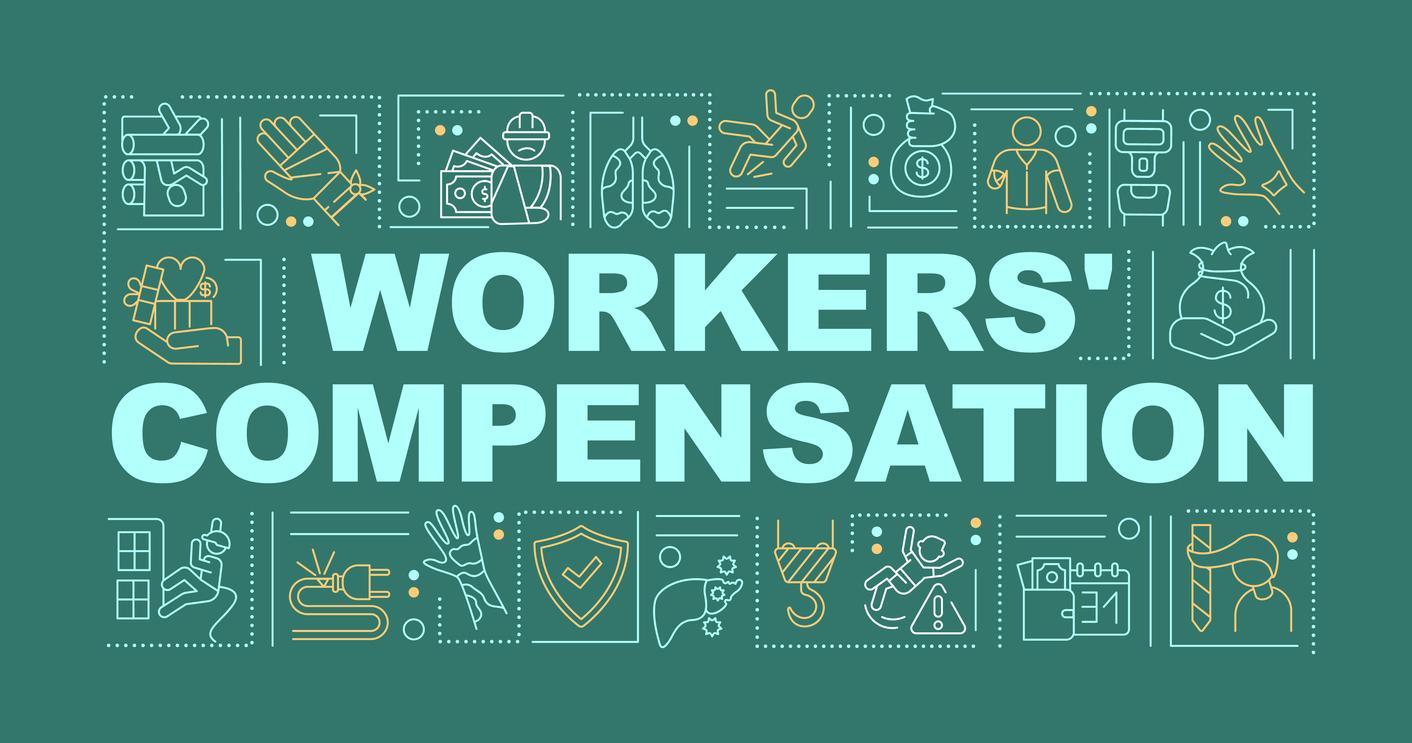Am I Eligible For Workers’ Compensation?
In the case of a workplace accident, acting quickly is important, and this is why understanding the workers’ compensation laws is essential for both employees and employers. If you are asking yourself the question, “Am I eligible for workers’ compensation?”, stay on this page. We at Legal Chiefs, specialize in connecting individuals and businesses with professional attorneys. After reading the checklist below, contact an attorney who can give you more detailed information regarding the specific laws in your state.
The 2 Basic Requirements!
There are two basic requirements to be eligible for worker’s compensation:
- To be an employee of a company that has workers’ comp insurance.
- To have been injured at work or as a result of job-related duties.
If you qualify for both, contact an attorney or use our services, and we’ll get you in touch with one! While you wait, scroll down to get more detail and see the full workers’ compensation checklist at the bottom.
Are All Employees Covered?
A company’s insurance policy does not cover workers who are classified as independent contractors, freelancers, or consultants. A salesperson or a temporary worker can be categorized as an independent contractor/employee. Often, employers misclassify employees as independent contractors, improperly denying them workman’s comp benefits. In a case like this, you should file an appeal.
Types of workers that are also exempt from workers’ compensation:
● Agricultural and farm workers
● Domestic workers
● Casual and seasonal workers
● Leased or loaned workers
Keep in mind that some states have laws that explicitly provide coverage for undocumented workers (Arizona, California, Florida, Montana, Nevada, New York, Texas, and Utah).
What Injuries and Illnesses Are Covered?
Generally speaking, all injuries and illnesses are covered by workers’ compensation insurance if they were caused due to job-related actions. However, when it comes to injuries that happen away from the workplace and are still in connection to a job are harder to classify. This is why seeking legal help is important.
Am I Eligible For Workers’ Compensation?
If you are qualifying for the above requirements, you should report your condition to your employer as soon as possible (different laws allow different time frames for filing the claim). As long as you don’t miss the deadline, you should be eligible for workers’ compensation.
A good thing to know is that you have the right to seek compensation benefits without fearing retaliation, as federal law forbids harassing or otherwise discriminating against workers for filing a claim.
What If I’m Responsible for My Injury?
If you were the one that caused the accident and still wonder “Am I eligible for workers’ compensation?”, the answer is yes! Workers’ comp is a no-fault system, meaning that there is no requirement that the company you work for was at fault. However, keep in mind that if you caused the injury under the effects of alcohol or drugs, your injury would not be covered. The same applies to intentionally caused injuries.
Another thing to have in mind is that there is a gray area around situations where your misbehavior causes or contributes to the injury. For example, not following the company’s or equipment’s safety protocols or simply “goofing off” during work hours may not be covered by workers’ compensation.
Workers’ Compensation Full Checklist
#1. Injury Notification
● Give your employer notice of the injury or illness within 30 days
● If your injury relates to a motor vehicle accident, inform a member of the police force
● Inform the duly elected of your injury/illness
● Inform the union delegate
#2. Gather Evidence
● Information on the Claim form or
● A note or a statutory declaration from the worker or
● A copy of the police report
Evidence must include:
● The name of the police officer (and police station) your accident was reported to
● The date and time of the report
● The reference number (if available)
#3. Essential Documents for Injured Workers
● Copy of injury report
● Emails from HSR to confirm your employer is aware of the hazard and risks (this should include the injury data and the dates of the emails)
● Data, time, location, and duration of meetings (team meetings, health & safety meetings).
● Photographs
● Workplace inspection reports
● Risk assessments and who was involved (HSR should keep the data)
● Policies and procedures
#4. Making It Work for Injured Workers
● Submit the injury report
● Submit the Worker’s Injury Claim
● Submit the certificate of capacity
● Submit as many support documents as you can
Filing a case comes with much additional knowledge, and contacting an experienced workers’ comp attorney is most definitely a smart move. Here at Legal Chiefs, we’ll help you get you in touch with a workers compensation lawyer. Instead of wondering, “Am I eligible for workers’ compensation?”, let us help you and ask your personal attorney today!
Find a Workers Compensation Lawyer in Your Area

